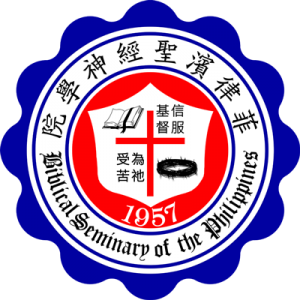The digital humanities and literary studies [electronic resource] / Martin Paul Eve.
Series: Literary agendaPublication details: Oxford : Oxford University Press, ©2022.Edition: First editionDescription: xiv, 197 pagesContent type:- text
- computer
- online resource
- 9780198850489
- 0198850484
| Item type | Current library | Call number | Status | Date due | Barcode | |
|---|---|---|---|---|---|---|
 eBooks
eBooks
|
Digital Library | Available |
Includes bibliographical references and index.
Intro
Halftitle page
Title page
Copyright page
Series Introduction
Dedication page
Acknowledgements
Contents
List of Figures
List of Tables
Introduction
Words that Count
What Questions?
The Digital Humanities and Its Discontents
What Has Digital Literary Studies Ever Done for Us?
1. Authors and Writing
How Is an Author?
Distance and Depth
Strategies of Self-Consciousness and Context
The Work of Computational Writing
Textual Practice as Social Undertaking
2. Space and Visualization
The Treachery of Images
Turning the Tables
Digital Concrete
3. Maps and Place
Body Language
Questions from Grasmere
Talking Points
Literary Geography
4. Distance and History
Digital Material History
Challenging Assumptions
Genre and Gender
Conclusion
Bibliography
Index
A comprehensive overview into digital literary studies that equips readers to navigate the difficult contentions in this space. The Literary Agenda is a series of short polemical monographs about the importance of literature and of reading in the wider world and about the state of literary education inside schools and universities. The category of 'the literary' has always been contentious. What is clear, however, is how increasingly it is dismissed or is unrecognised as a way of thinking or an arena for thought. It is sceptically challenged from within, for example, by the sometimes rival claims of cultural history, contextualized explanation, or media studies. It is shaken from without by even greater pressures: by economic exigency and the severe social attitudes that can follow from it; by technological change that may leave the traditional forms of serious human communication looking merely antiquated. For just these reasons this is the right time for renewal, to start reinvigorated work into the meaning and value of literary reading. You may have heard of the digital humanities--and what you may have heard may not have been good. Yet like an oncoming storm, the relentless growth of the use of digital methods for the study of literature seems inevitable. This book gives an insight into the ways in which digital approaches can be used to study literature and the ways in which humanistic study can be used to explore digital literature. Examining its subject across the axes of authorship, space, and visualization, maps and place, distance and history, and ethical approaches to the digital humanities, this book introduces newcomers to the topic while also offering plenty for seasoned digital humanities pros. Combining original research with third-party case studies and examples, this book will appeal both to students and researchers across all levels who wish to learn about digital literary studies.


